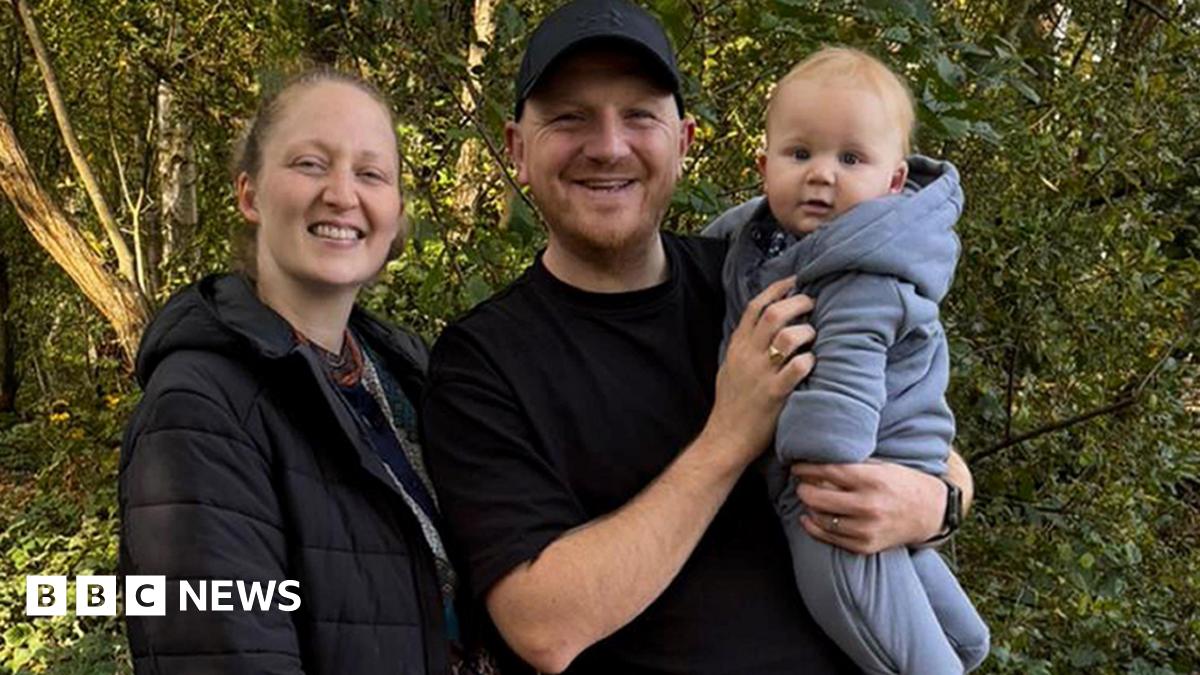Within days of finding the genetic abnormality, Freddie was seen at Birmingham Children’s Hospital, where a a tumour was found.
He was given a combination of laser treatment and chemotherapy and his doctors are hopeful they can save his vision.
Mrs Underhay said: “They said we are incredibly lucky to have caught it this early.
“It was such an amazingly quick turnaround.”
The diagnosis was a result of the family’s decision to take part in the Generation Study, which sees newborn babies offered whole genome sequencing using blood samples, usually taken from the umbilical cord shortly after birth.
Dr Joe Abbott, Freddie’s ophthalmologist, said the chances of protecting his eyesight had been “greatly improved” as a result of taking part.
The study’s findings will help inform the government’s long-term ambition to offer genomic sequencing to all newborns as part of routine care.
Experts said by detecting rare genetic conditions sooner, hundreds of children could benefit from earlier diagnosis and treatment that could help slow progression of the disease or extend their lives.
Prof Dame Sue Hill, chief scientific officer for England, said: “Freddie’s amazing story highlights the strength of our world leading partnership with Genomics England, showing it is possible to identify rare genetic conditions like these earlier so children can start treatment faster meaning they have the best chance of a cure.”

